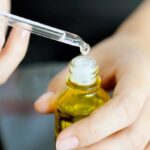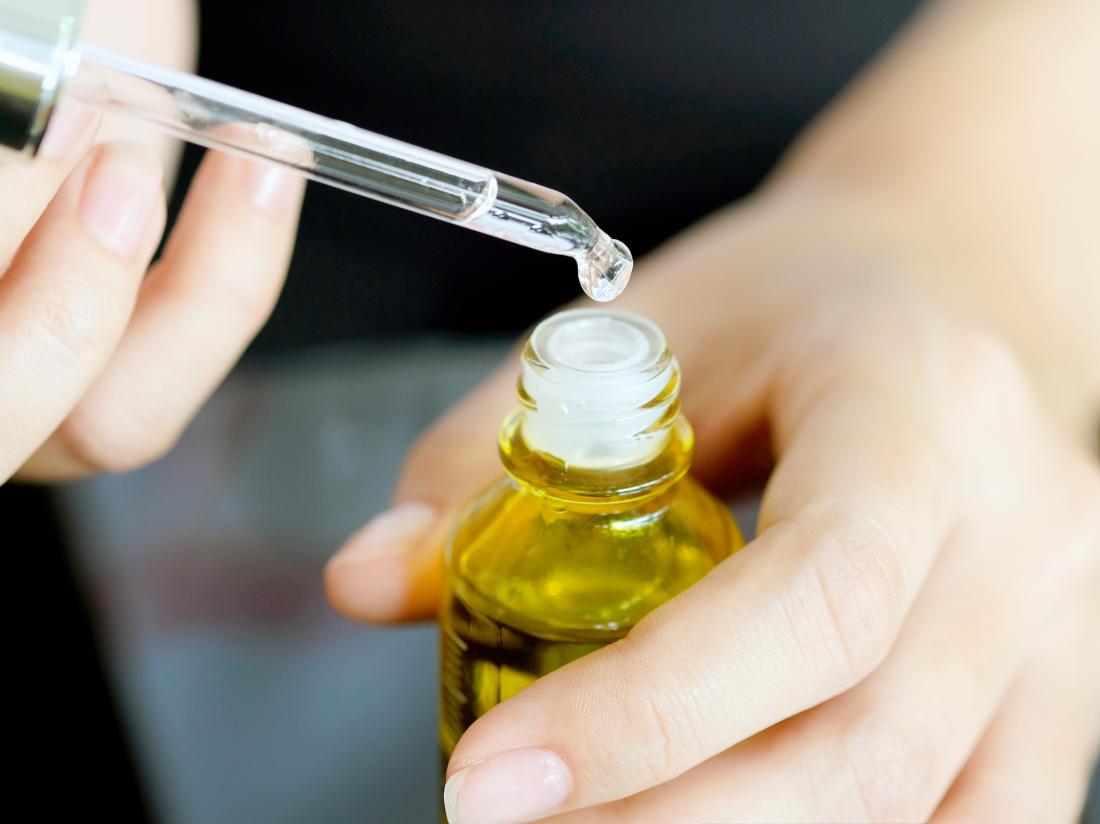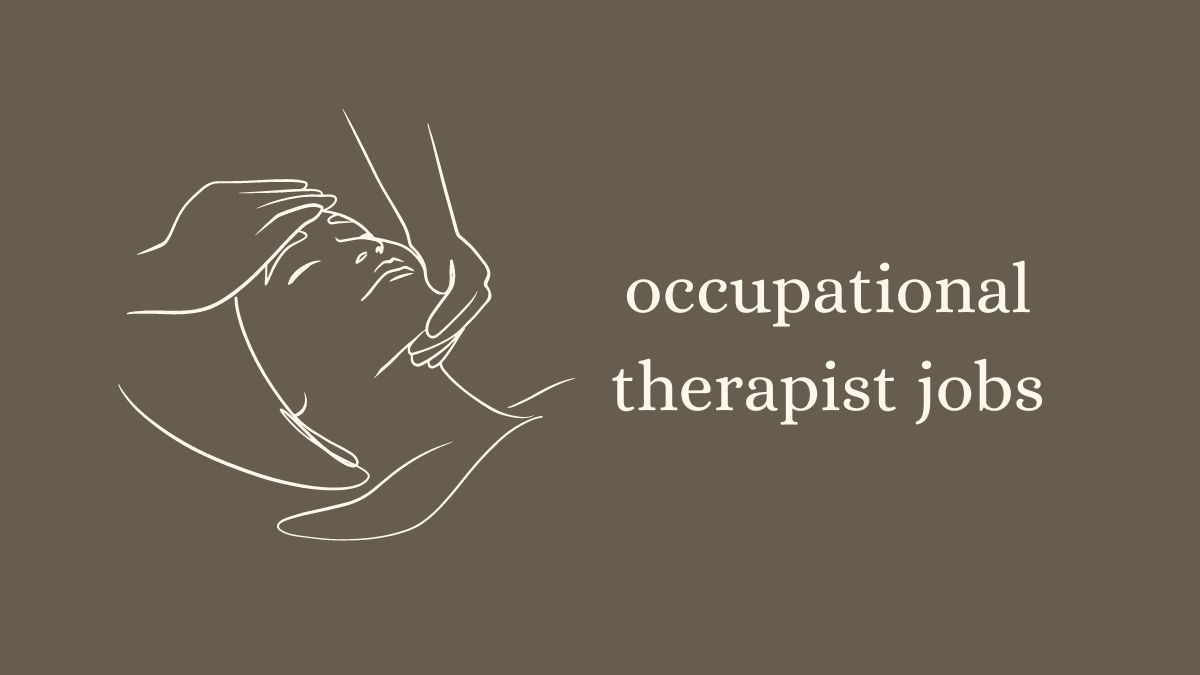The Hydration Connection: Exploring the Relationship Between Dehydration and Erectile Dysfunction
Introduction:
Erectile dysfunction (ED) is a common condition that affects millions of men worldwide, characterized by the inability to achieve or maintain an erection sufficient for sexual intercourse.
While various factors contribute to ED, including psychological, physiological, and lifestyle-related factors, the role of hydration and dehydration in erectile function is a topic that warrants exploration.
Do you suffer from benign prostatic hyperplasia, pulmonary hypertension, or erectile dysfunction? Your doctor will most likely prescribe Super Vidalista to you.
Water is essential for overall health and well-being, playing a crucial role in numerous bodily functions, including circulation, hormone regulation, and cellular hydration.
In this comprehensive guide, we’ll delve into the potential connection between dehydration and erectile dysfunction, examining the physiological mechanisms at play and offering practical strategies for maintaining optimal hydration and sexual health.
Understanding Erectile Dysfunction:
Before exploring the link between dehydration and ED, it’s essential to understand the factors that contribute to erectile function.
Achieving and maintaining an erection involves a complex interplay of physiological processes, including nerve signaling, blood flow regulation, and hormonal balance.
When any of these processes are disrupted, it can lead to difficulties in achieving or sustaining an erection, resulting in ED.
Common causes of erectile dysfunction include:
Psychological Factors: Stress, anxiety, depression, and relationship problems can all contribute to ED by interfering with sexual arousal and performance.
Physiological Factors: Underlying health conditions such as diabetes, hypertension, cardiovascular disease, obesity, and hormonal imbalances can impair erectile function by affecting blood flow, nerve function, or hormone levels.
Lifestyle Factors: Unhealthy lifestyle habits such as smoking, excessive alcohol consumption, lack of exercise, and poor dietary choices can increase the risk of ED by compromising overall health and vascular function.
Medications: Certain medications, including antidepressants, antihypertensives, and medications for prostate conditions, can have side effects that interfere with erectile function.
The Hydration-ED Connection:
While dehydration is not typically listed as a direct cause of erectile dysfunction, inadequate hydration can impact various physiological processes that are essential for sexual function.
Water is vital for maintaining blood volume, circulation, and vascular health, all of which play key roles in achieving and maintaining an erection.
When the body is dehydrated, blood flow to the penis may be compromised, leading to difficulties in achieving or sustaining an erection.
Additionally, dehydration can affect hormone levels, mood, and overall energy levels, which can indirectly impact sexual performance and desire.
Physiological Mechanisms:
Several physiological mechanisms may explain the potential link between dehydration and erectile dysfunction:
Reduced Blood Volume and Circulation:
Dehydration can lead to a decrease in blood volume and blood pressure, which may impair blood flow to the penis during sexual arousal.
Adequate blood flow to the penis is essential for achieving and maintaining an erection, as it facilitates the engorgement of erectile tissue with blood.
Impaired Endothelial Function:
Dehydration can affect the function of endothelial cells, which line the blood vessels and play a crucial role in regulating vascular tone and blood flow.
Any medication administered improperly has the potential to cause serious side effects. If you suspect you’ve taken too much Vidalista 10 mg, look for clinical concentrate right away.
Endothelial dysfunction, characterized by reduced nitric oxide production and increased oxidative stress, can contribute to vascular stiffness and impaired vasodilation, hindering blood flow to the penis.
Hormonal Imbalances:
Dehydration can disrupt hormone regulation, including the production and release of hormones involved in sexual function, such as testosterone.
Testosterone is essential for libido, erectile function, and overall sexual health. Dehydration-related changes in hormone levels may impact sexual desire and performance.
Increased Sympathetic Nervous System Activity:
Dehydration can activate the sympathetic nervous system, also known as the “fight or flight” response, leading to increased vasoconstriction and decreased blood flow to non-essential organs, including the penis.
Chronic activation of the sympathetic nervous system due to dehydration may contribute to erectile dysfunction by disrupting normal vascular function and inhibiting relaxation of penile smooth muscle tissue.
Practical Strategies for Hydration and Sexual Health:
Maintaining optimal hydration is essential for overall health and well-being, including sexual health. Here are some practical strategies for staying hydrated and supporting erectile function:
Drink an Adequate Amount of Water:
The Institute of Medicine recommends that men consume about 3.7 liters (about 13 cups) of water per day from all beverages and foods combined.
Be mindful of your fluid intake, and drink water throughout the day to stay hydrated. Thirst is a sign that your body is already mildly dehydrated, so aim to drink water regularly, even before you feel thirsty.
Monitor Urine Color:
Monitoring the color of your urine can provide insights into your hydration status. Pale yellow or straw-colored urine is a sign of adequate hydration, while dark yellow or amber-colored urine may indicate dehydration.
Limit Dehydrating Beverages:
Limit or avoid beverages that can contribute to dehydration, such as caffeinated drinks (coffee, tea, energy drinks), alcohol, and sugary beverages.
While moderate alcohol consumption may not necessarily lead to dehydration, excessive alcohol intake can impair sexual function and overall health.
Eat Hydrating Foods:
Consume hydrating foods with high water content, such as fruits (watermelon, oranges, strawberries), vegetables (cucumbers, tomatoes, celery), and soups.
Stay Hydrated During Physical Activity:
Drink water before, during, and after exercise to replace fluids lost through sweat. Dehydration during physical activity can impair performance and increase the risk of heat-related illnesses.
Consider Electrolyte Balance:
In addition to water, electrolytes such as sodium, potassium, and magnesium are essential for maintaining proper hydration and muscle function.
Consuming electrolyte-rich foods and beverages or using electrolyte supplements may be beneficial, especially during prolonged or intense exercise.
Monitor Medication Side Effects:
Be aware of medications that may contribute to dehydration or erectile dysfunction as potential side effects. If you suspect that a medication is affecting your hydration or sexual function, consult your healthcare provider for guidance.
Conclusion:
While dehydration may not directly cause erectile dysfunction, it can impact physiological processes that are essential for sexual function, including blood flow, hormone regulation, and vascular health. Optimal hydration is crucial for maintaining overall health and well-being, including sexual health.
By staying adequately hydrated and adopting healthy lifestyle habits, men can support erectile function and optimize their health.
However, if you experience persistent or severe erectile dysfunction, it’s essential to consult with a healthcare provider to address any underlying issues and explore appropriate treatment options.










